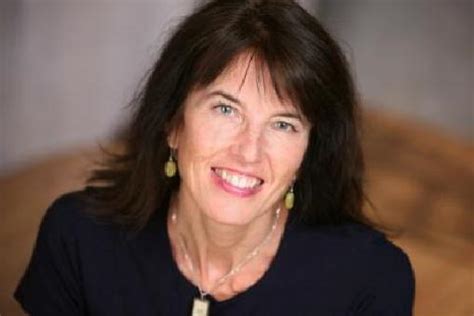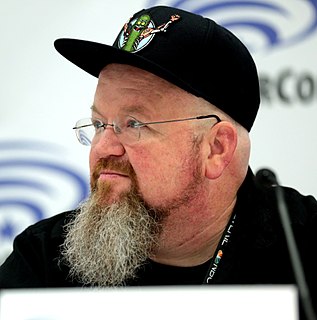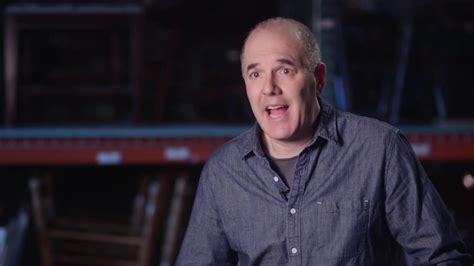A Quote by Kate DiCamillo
I remember wanting to write a book with someone, the someone being Kate [DiCamillo], and we decided to write about two friends. We had no idea how to begin this project - neither of us had ever collaborated with another writer - and I'm pretty sure that we began by giving our two friends a sock, just to see what they'd do with it. And it went from there.
Related Quotes
We'd decided to write a book about two friends. I gave her some coffee and then we sat there not knowing what to do. How do you start writing a book together? So Kate [DiCamillo] got up after about 10 minutes into this endeavor, and said, 'Well, that was fun,' and started to head out the door. I said, 'Wait, wait, wait, no no no,' because I'm a bit more patient.
So we [with Kate DiCamillo] decided to give the friends an object and see what they did with it. The object was a sock and it went from there. Once we got going, once we got on a roll, it became very easy to work together and to figure out how to do it. We would meet for two-hour segments, usually from 10-12, two or three times a week. We met all one summer, and I think into the fall.
Luckily, I remembered something Malcolm Cowley had taught us at Stanford - perhaps the most important lesson a writing class (not a writer, understand, but a class) can ever learn. 'Be gentle with one another's efforts,' he often admonished us. 'Be kind and considerate with your criticism. Always remember that it's just as hard to write a bad book as it is to write a good book.'
We all like to think the world ends when we do. The truth is our acquaintances, our friends, and our loved ones all live on, and through them, so do we. It's not about what you had, but what you gave. It's not about how you looked, but how you lived. And it's not just about being remembered. It's about giving people a good reason to remember you.
Think of a book special to you, and how much bleaker and poorer your life would be if that one writer had not existed - if that one writer had not, a hundred times or a thousand, made the choice to write. You're going to be that one writer one day for somebody you may never meet. Nobody can write that book you're going to write - that book that will light up and change up a life - but you.
Here is how you know someone has had a good idea: Other people freely admit to their friends that said idea has changed their lives. Most people today will grant that fire and the wheel are the big two. After that, any attempts to rank the greatest ideas of all time are going to draw lots of argument. You’ll have zealots pimping this god or that on the one hand, scientists pimping Darwin on the other, and then practical people pointing at written language and saying, look, fellas, the reason those ideas have gone viral is because someone figured out how to write them down.
I started writing by doing small related things but not the thing itself, circling it and getting closer. I had no idea how to write fiction. So I did journalism because there were rules I could learn. You can teach someone to write a news story. They might not write a great one, but you can teach that pretty easily.
I talked about the summer of 1985, when I worked at an amusement park on Long Island, the kind of place where someone would pull a knife on you if they wanted a better prize than you were giving them. You found a lot of used needles beside the cotton-candy cart at the end of the night. It was a pretty white-trash, scary place. It was one in a series of terrible jobs I've had, coming from not much money and having no particularly resourceful skills. And at one point one of my friends, a writer on the show, Jenny Konner, said, "You should write about that."
Friends can be incredible sometimes, but have you ever had a friend that can be really annoying or really mean to you? Friends shouldn't stab you in the back. Have you ever wondered if your friend has ever said stuff about you to their other friends? It gets pretty intimidating sometimes to think about that. What I'm saying is to find your friends that are real. Don't keep the ones that are fake and are just friends with you for what you have. Be strong. Don't take no for an answer. Never back down. Stand up for what you believe in. Friends are great to have, but just be cautious. (.
The book was just something that came along after we played the Super Bowl and I wrote a little essay that went online. Then I had two or three weeks and I said, wow, that essay was pretty good. Maybe I'll try and write some other stuff. Writing about the depression, I just felt - you know, when you write a book like this, you have to open up your life. You have to be willing to do so to a certain degree.
































